Fellows
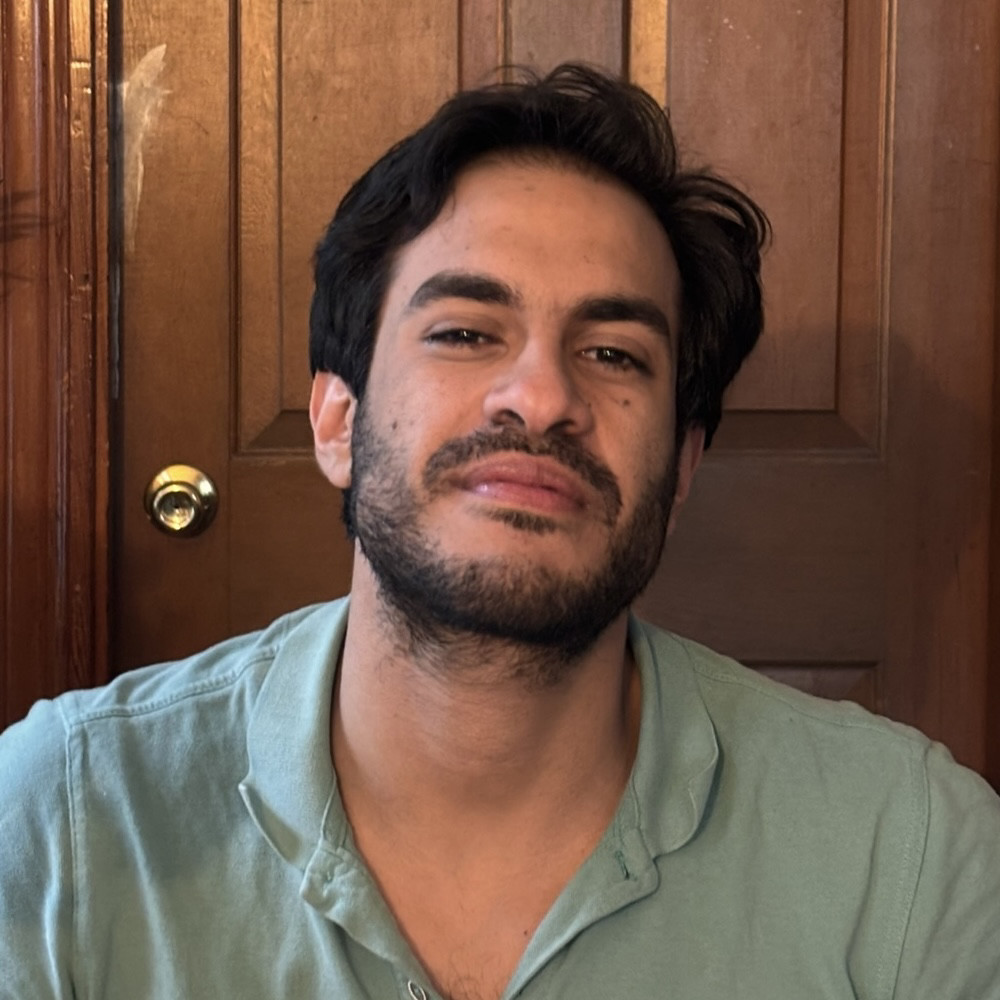

Barnett is an assistant professor in the School of Government and Public Policy and School of Middle Eastern and North African Studies at the University of Arizona. Her research focuses on how public opinion, social norms, and political behavior in the Middle East and North Africa evolve in response to women's rights reforms and other social policies. Her work has appeared in The Journal of Political Science, PS: Political Science and Politics, Middle East Law and Governance and Hawwa. Barnett has held Fulbright scholarships to Morocco for research and to Egypt for language study through the Center for Arabic Study Abroad program. She has also held a Marshall Scholarship to the UK, where she earned an MSc in Middle East politics and MA in Islamic studies from the School of Oriental and African Studies in London. Barnett earned a BSFS from Georgetown University and worked as a research fellow at the Center for Strategic and International Studies from 2012-15. She holds a PhD in politics from Princeton University.
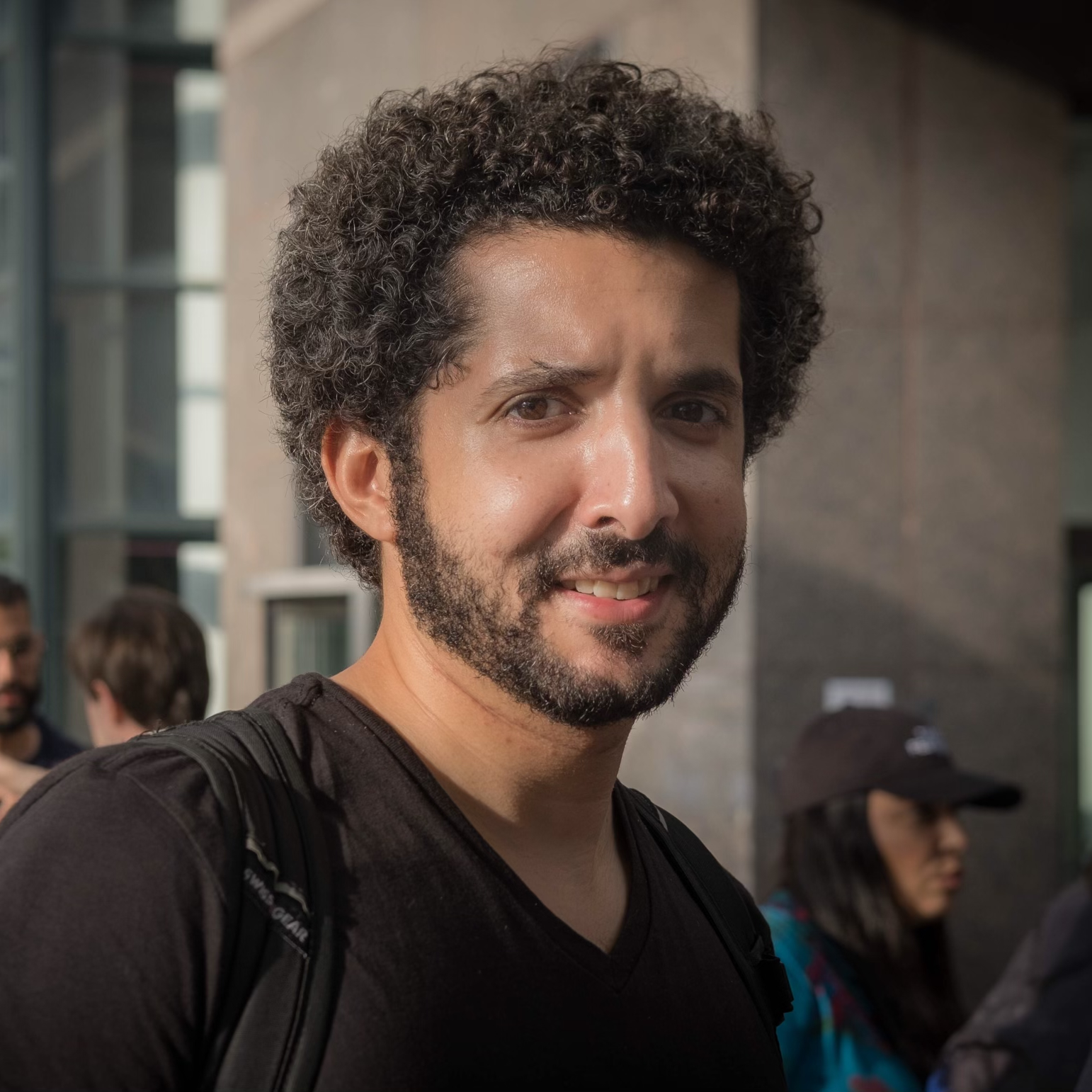
Elhoudaiby's research focuses on the economic and legal histories of nineteenth- and twentieth-century Egypt within its broader regional context. He holds a PhD in Middle Eastern Studies from Columbia University, an MA in Political Science and Development and a BA in political science from the American University in Cairo, as well as a diploma in Islamic Studies from the High Institute of Islamic Studies in Cairo. He has taught at Columbia University and Bard College and previously served as an associate research fellow at Yale Law School’s Abdallah S. Kamel Center for the Study of Islamic Law and Civilization. His research interests include corporations, Islamic law, the history of capitalism, and the politics of sports. He is also a founding editor at Alpheratz Magazine.
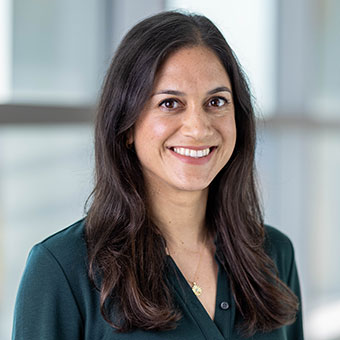
Nihal Kayali is a sociologist interested in international migration, organizations, and the political sociology of welfare states. Her current book project on Syrian refugee healthcare providers in Turkey builds on her dissertation, which won the Middle East Studies Association’s Malcolm H. Kerr Dissertation Award in Social Science. Nihal’s work has appeared in Social Problems, The Journal of Ethnic and Migration Studies, The International Journal for Middle East Studies, Voluntas: International Journal of Voluntary and Nonprofit Organizations, and Middle East Report. Prior to her graduate studies, Nihal worked as a researcher and journalist in Istanbul, covering a range of topics related to Turkey’s reception of Syrian refugees. She received her PhD in sociology from the University of California, Los Angeles, and earned her BA in political science at Yale University.

Born in Baghdad, Makiya left Iraq to study architecture at MIT, later joining Makiya Associates to design and build projects in the Middle East. In 1981, he left the practice of architecture and began to write a book about Iraq. Kanan has written several books and is widely published. Republic of Fear: The Politics of Modern Iraq (University of California Press, 1989) became a best-seller after Saddam Hussein's 1990 invasion of Kuwait. In 2003, he founded the Iraq Memory Foundation, a NGO based in Baghdad and the US that is dedicated to issues of remembrance, violence and identity formation. The Iraq Memory Foundation has collected and digitized nearly 10 million pages of Ba'th era documents and has been supported by both the Iraqi and U.S. governments as well as many foundations. Makiya recently authored the novel, The Rope (Pantheon, 2016), which quickly became an international bestseller.
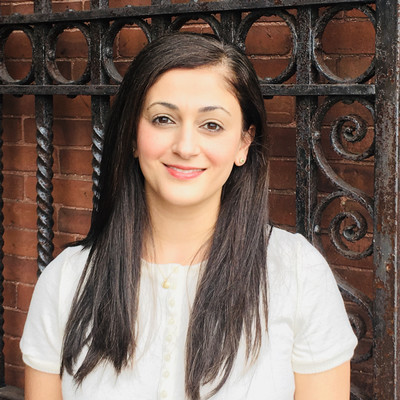
Mako is an assistant professor of international relations and political science at the Pardee School of Global Studies and is also a member of the Graduate Faculty at the Political Science Department at Boston University. Her research focuses on the international relations and comparative politics of the Middle East with a substantive emphasis on the politics of state formation and colonial legacies, ethnic politics, governance in divided societies, institutions and post-conflict statebuilding. She is the author of Structuring Exclusion: Institutions, Grievances, and Ethnic State Capture in Iraq (forthcoming with Oxford University Press, 2026), After the Arab Uprisings: Progress and Stagnation in the Middle East and North Africa, with Valentine Moghadam (Cambridge University Press, 2021), and co-editor of State and Society in Iraq: Citizenship under Occupation, Dictatorship, and Demoratisation (I.B. Tauris 2017). Her work has also appeared in Nationalism and Ethnic Politics, International Peacekeeping, Journal of Intervention and Statebuilding, and International Politics, among other outlets. She received her Ph.D. in Politics from the University of Edinburgh.
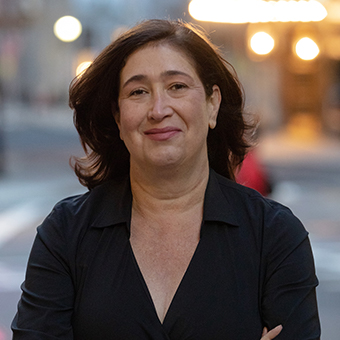

Daniel Neep is a comparative-historical political scientist who works on conflict and statebuilding in the eastern Mediterranean. He is the author of A History of Modern Syria (forthcoming with Basic Books in 2025) and Occupying Syria under the French Mandate: Insurgency, Space, and State Formation (Cambridge University Press, 2012). He holds a PhD in politics from the School of Oriental and African Studies, University of London. His research has been supported by the Andrew L. Mellon Foundation, the Woodrow Wilson Center for International Scholars, the American Druze Foundation, the British Academy, the Council for British Research in the Levant, and the Arts & Humanities Research Council (UK), in addition to the Crown Center. He has taught Middle East politics at Georgetown University, the University of Exeter, and George Washington University. He was previously the assistant director for research and a sabbatical fellow at the Crown Center, where he currently holds a New Directions Fellowship from the Andrew L. Mellon Foundation.
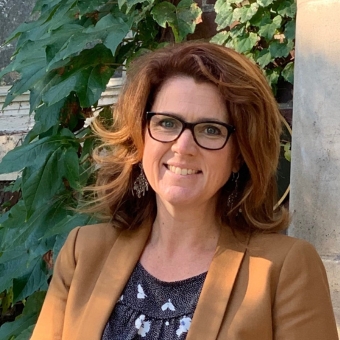
Philbrick Yadav is professor and chair of the International Relations department at Hobart and William Smith Colleges. Specializing in the politics of Yemen, she focuses on the work of Yemeni civil actors. Her first book, Islamists and the State: Legitimacy and Institutions in Yemen and Lebanon, was published in 2013, followed by a number of articles on Yemen's partisan and post-partisan politics. Her 2022 book was Yemen in the Shadow of Transition: Pursuing Justice Amid War; and as a Crown Center non-resident fellow, she wrote "Fragmentation and Localization in Yemen’s War: Challenges and Opportunities for Peace," a Middle East Brief. As chair of the MENA Politics section for the APSA, she focused on the ethical challenges of field research in the MENA region, and she currently serves on the Advisory Board for the Project on Middle East Political Science, the American Institute of Yemeni Studies, and the Center for Research in Partnership with the Orient. She holds a PhD in political science from the University of Pennsylvania.

Anna Simone Reumert is a political anthropologist and a gender studies scholar. She holds a PhD in anthropology from Columbia University and has been a postdoctoral fellow at The New School's Zolberg Institute on Migration and Mobility for the past two years. Her work has appeared or is forthcoming in Cultural Anthropology, Mashriq&Mahjar, IJMES, Signs: Journal of Women in Culture and Society, MERIP, Rusted Radishes, Kohl Journal for Body and Gender Research, and Jadaliyya, among other journals. She is currently working on two research projects in Sudan and Lebanon. Her first book manuscript, "Mobilized: Labor and Political Mobilization Out of Sudan," follows Sudanese migrant workers in Lebanon and migrant returnees in Sudan following the 2018 revolution. Her second book project, "Sex and the Civil War," examines the political economy of sex in the Lebanese Civil War (1975-1990).
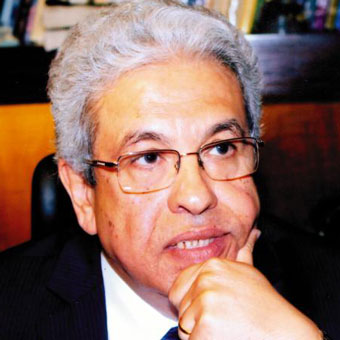
Said Aly is the chairman of the Board and CEO of Al Masry Al Youm Publishing House in Cairo, and the former chairman of the Board, CEO, and director of the Regional Center for Strategic Studies in Cairo. He has served as president of Al Ahram Center for Political & Strategic Studies in Cairo, chairman of the Board and CEO of Al Ahram Newspaper and Publishing House, and was a member of the Board at Al Ahram Institutions and the director of Al Ahram Center for Political and Strategic Studies in Cairo. He was also a research fellow at both the Brookings Institute and the Belfer Center at Harvard University. In 2014, he founded The Gulf Arab States Institute in Washington. He served as a Senator in the Egyptian Shura Council and has published books, articles, and chapters on world systems, Arab relations, European integration, the Arab-Israeli conflict, Egypt’s political system, national security, and arms control. He contributes regularly to newspapers and media forums. His most recent publications are State and Revolution in Egypt: The Paradox of Change and Politics (Brandeis University, Crown Center for Middle East Studies, January 2012), and Arabs and Israelis: Conflict and Peace Making in the Middle East (London, MacMillan & Belgrave), co-authored with Shai Feldman and Khalil Shikaki. He obtained his BA from Cairo University and his MA and PhD in political science from Northern Illinois University.

Schwedler is professor of political science at the City University of New York’s Hunter College and the Graduate Center. She has served as elected member of the Board of Directors of the Middle East Studies Association (MESA) and the APSA Council of the American Political Science Association and as a member of the editorial committees of Middle East Law and Governance, International Journal of Middle East Studies, and Middle East Report, among others. Schwedler’s research focuses on contentious politics, political geography, protest and policing, and Islamist political parties. Her books include the award-winning Faith in Moderation: Islamist Parties in Jordan and Yemen (Cambridge 2006), Policing and Prisons in the Middle East (with Laleh Khalili, Columbia 2010), and most recently, the award-winning Protesting Jordan: Geographies of Power and Dissent (Stanford 2022). Her articles have appeared in World Politics, Comparative Politics, Middle East Critique, and Social Movement Studies, among many others.
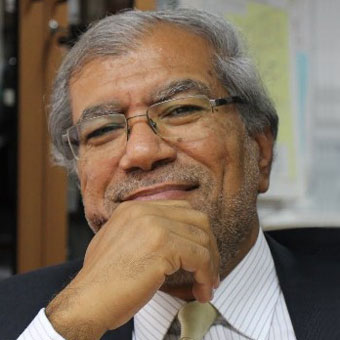
Shikaki has directed the Palestinian Center for Policy and Survey Research in Ramallah since 2000 and has conducted more than 100 polls among Palestinians in the West Bank and Gaza Strip since 1993. A world-renowned expert on Palestinian public opinion and a widely published author, he has taught at several institutions, including Birzeit University, An-Najah National University, the University of Wisconsin in Milwaukee, and the University of South Florida. He was also a Visiting Fellow at the Brookings Institution in Washington, DC, in 2002.

Kerem Uşşaklı is a political anthropologist, writing on the possibilities of inter-ethnic sociality in the light of histories of war and dispossession in the racialized and securitized contemporary Middle East. His current book project, tentatively titled “Civility After Dispossession: Politics of Decolonization in the Kurdish-Iraqi Borderlands,” is an ethnography of the performances of civility displayed by formerly dispossessed Iraqi Kurds and displaced Iraqi Arabs after the invasion of Iraq in 2003. This is a work that investigates how the history of political violence in the Garmiyan Region and the disputed territories of Iraq is lived out in the present. He is also researching the nexus of digital sovereignty, authoritarian populism, and practices of evasion from the state in Turkey. He received his PhD from the Department of Anthropology at Stanford University.

VanderMeulen holds a PhD in Middle Eastern and Islamic Studies from New York University. His research explores intersections among media, sound, the senses, and Islamic thought and practice, with a particular focus on the Maghrib. His current book project, “Microphonic Islam: Sound Reproduction and the Recited Qur’an in Morocco,” examines the application of sound media to Qur’an recitation pedagogy, and the harnessing of such pedagogies to state-driven political agendas. Combining archival sources with extensive ethnography, the book argues that the objectification of sound itself within such political projects is due not only to the advent of new technologies but also “micro-phonic” sensibilities that have long genealogies within the Islamic scholastic tradition. Prior to joining the Crown Center, VanderMeulen taught anthropology and sociology at Kalamazoo College and Middle Eastern and Islamic Studies at NYU. His feature articles appear in American Ethnologist, the International Journal of Middle East Studies, and Lateral: Journal of the Cultural Studies Association.